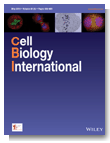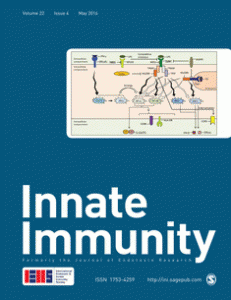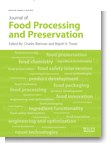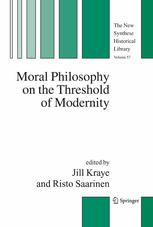 Researchers have retracted a paper about a new molecular target for cancer after realizing they had mistaken the identity of their cell line.
Researchers have retracted a paper about a new molecular target for cancer after realizing they had mistaken the identity of their cell line.
It’s all too easy to mix up cell lines, so we see plenty of retractions for that reason — and, according to an expert in the area, many more cases lurk uncorrected in the literature.
The retraction notice for “Knockdown of tumor protein D52-like 2 induces cell growth inhibition and apoptosis in oral squamous cell carcinoma” in Cell Biology International explains the authors’ perspective on this case:
 Note: We are reprinting below an article
Note: We are reprinting below an article 





 Pro-life activists have asked JAMA to retract a 2005 paper that suggested
Pro-life activists have asked JAMA to retract a 2005 paper that suggested 